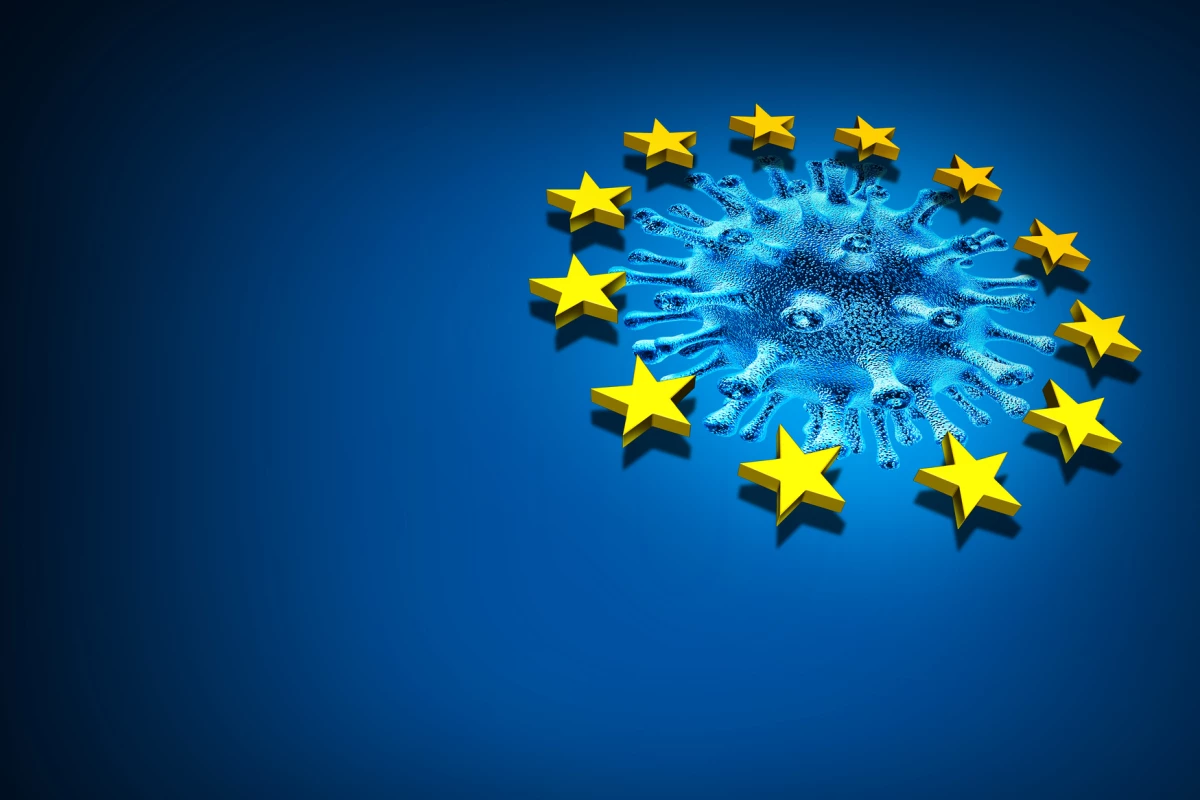The European Medicines Agency (EMA) has issued a broad approval for all adults over the age of 18 to be allowed a third Pfizer COVID-19 vaccine dose at least six months after a second dose. The regulator’s advice follows on from recent similar booster recommendations in the United States.
EMA recommendations are not binding, but instead serve as formal advice for individual nations in the European Union to guide local vaccination campaigns. The new EMA announcement makes a clear distinction between immunocompromised subjects and all other healthy adults.
For people with “severely weakened immune systems” the EMA strongly recommends a third dose is added to the initial vaccine protocol for Pfizer and Moderna mRNA vaccines. That dose is suggested to be given at least 28 days after the second dose.
For all other people over the age of 18 the EMA statement offers more circumspect advice, solely focusing on the Pfizer vaccine and concluding it, “may be considered at least 6 months after the second dose.”
“At national level, public health bodies may issue official recommendations on the use of booster doses, taking into account emerging effectiveness data and the limited safety data,” the EMA statement reads. “The risk of inflammatory heart conditions or other very rare side effects after a booster is not known and is being carefully monitored. As for all medicines, EMA will continue to look at all data on the safety and effectiveness of the vaccine.”
The announcement follows a tumultuous couple of months in the United States as various regulatory bodies and independent committees disagreed on how broadly booster doses should be administered. The current US recommendation, again only focusing on the Pfizer vaccine, advises boosters for those over the age of 65, those with pre-existing health conditions, or adults over the age of 18 who work in high-risk occupational settings.
In response to the EMA announcement, Pfizer and BioNTech issued a statement saying these growing booster announcements will not disrupt any pre-existing supply agreement. The statement seems to be responding to recent criticisms from the World Health Organization (WHO) claiming the need for booster shots is not currently backed by good evidence and diversions of vaccine supply from low-income countries will simply extend the duration of the pandemic for the entire world.
“Pfizer and BioNTech continue to supply the vaccine, including sufficient volume for boosters, under their existing supply agreement with the EC [European Commission],” the Pfizer/BioNTech statement reads. “The companies do not expect the introduction of booster doses in the United States and the EU, if authorized, to impact the existing supply agreements in place with governments and international health organizations around the world.”
Several EU member states have already started booster programs, although most are primarily focusing on boosters for high-risk groups such as the elderly or immunocompromised. This new advice paves the way for broad booster programs in all adults with advice on other COVID-19 vaccines, such as Moderna’s candidate, expected to come soon.
Source: EMA, Pfizer/BioNTech




